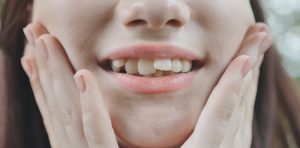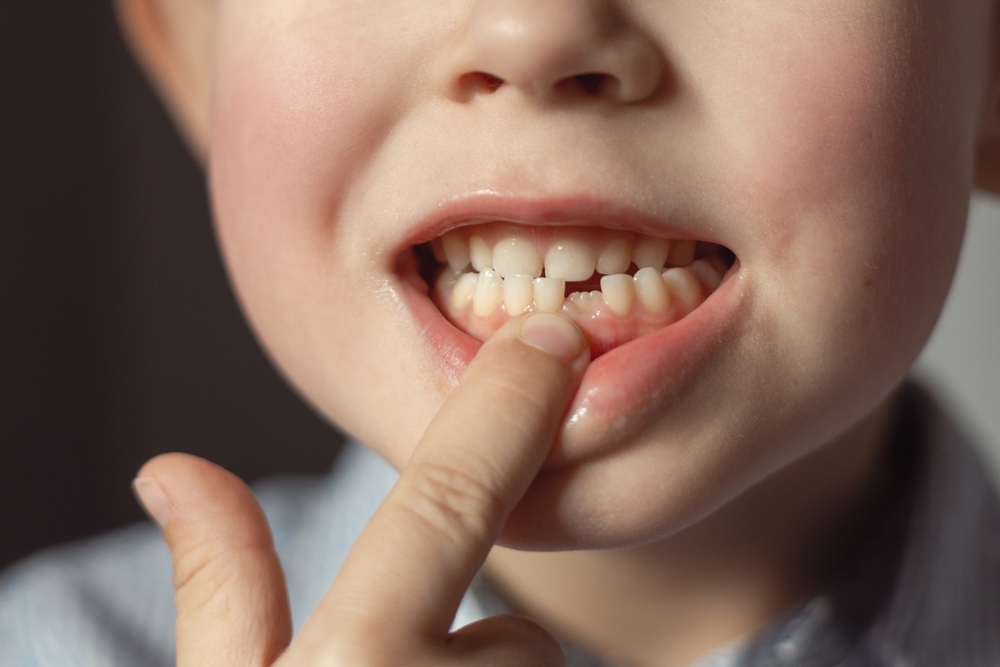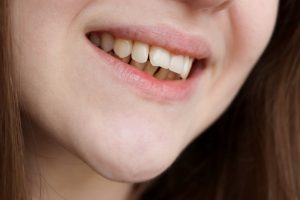
Dentleon İzmir Bornova, Çiğli, Güzelbahçe, Bayraklı Özel Diş Kliniği
What is a Milk Tooth, When Do Milk Teeth Fall Out?
28 August 2025

Table of Contents
What is a Milk Tooth, When Do Milk Teeth Fall Out?. 1
What are the Differences Between Milk Teeth and Permanent Teeth?.. 1
Why are Milk Teeth Important?. 2
How Should Milk Teeth Be Cared?. 2
When Do Milk Teeth Fall Out?. 2
What is the Process After Milk Teeth Fall Out?. 3
Frequently Asked Questions About Milk Teeth.. 3
How Many Milk Teeth Do We Have?. 3
Is Pain Normal in Milk Tooth Loss?. 3
What is a Milk Tooth, When Do Milk Teeth Fall Out?
Milk teeth are not only a temporary structure in the growth and development process of children, but also the cornerstones of a healthy future. It is possible for the child to easily chew the first foods, pronounce words correctly and have an aesthetic smile thanks to milk teeth. In addition, these small teeth play a guiding and protective role for the permanent teeth that will come from below.
One of the most curious issues for parents is “When do milk teeth fall out, is this process progressing normally?” is the question. Because in some children, teeth may fall out early, while in others they may fall out later. Although this is often part of the natural development process, in some cases it may require consulting a dentist.
In this article, we will answer the most frequently asked questions in detail, starting with what milk teeth are, when they erupt and fall out, and what needs to be done to keep them healthy. This way, you can closely monitor your child’s dental development and take the right steps when necessary.
What is a Milk Tooth?
Milk teeth are the first step in children’s oral development. There are 20 in total , usually start to erupt around the 6th month and are completed by the age of 2.5 – 3 years.
- Nutrition: It allows the child to chew solid foods.
- Speech: It helps to make sounds right.
- Facial and chin development: It provides the necessary pressure for the correct development of the jawbone.
- Placeholder function: It maintains the place of permanent teeth until they erupt, thus preventing crowding.
In other words, baby teeth are not just a temporary structure; It is an important “guide” in the healthy growth and development process of the child.
What are the Differences Between Milk Teeth and Permanent Teeth?
Milk teeth and permanent teeth are different in terms of appearance, structure and durability:
- Color and appearance: Baby teeth are whiter and smaller; permanent teeth are more yellowish and larger.
- Structure: The enamel and dentin layer of milk teeth are thinner. That’s why caries progresses very quickly. In permanent teeth, the protective layer is thicker.
- Durability: Since milk teeth are temporary, they have a more fragile structure. Permanent teeth, on the other hand, are permanent and must remain in the mouth for life.
- Root structure: The roots of milk teeth are designed to melt and fall out spontaneously as the permanent tooth erupts. The roots of permanent teeth are strong and permanent.
- Timing: Milk teeth erupt around 6 months and fall out between the ages of 6 and 12. Permanent teeth begin to erupt from the age of 6 and are completed by the age of 21.
Why are Milk Teeth Important?
Milk teeth play a direct role in both the physical and social development of the child. Thanks to healthy milk teeth, the child can easily chew food and eat a balanced diet. At the same time, it improves the ability to speak by making the right sounds, which reflects positively on its self-confidence.
Another important task is to be placeholders. Milk teeth protect the area where the permanent teeth will erupt from below and guide them to erupt in the correct position. If milk teeth are lost prematurely due to caries, trauma or any other reason, neighboring teeth may slip into the gap. This can narrow the area where permanent teeth will erupt, leading to orthodontic problems such as crowding, crookedness, or crowding of the teeth.
For this reason, milk teeth should not be neglected with the thought that “they will fall out anyway”. Regular care and check-ups contribute to the formation of a healthier and more aesthetic tooth structure in the future.
How Should Milk Teeth Be Cared?
Regular care is essential for baby teeth to stay healthy. The habit of brushing teeth in children should be gained at an early age. It is very important to stay away from sugary foods and drinks and to have regular dentist check-ups. For detailed information, you can review pediatric dentistry services from DentLeon’s expert staff .
When Do Milk Teeth Fall Out?
Milk teeth usually begin to fall out around the age of 6. This process continues until the age of 12. The lower front incisors are usually the first teeth to fall out. Then come the upper front incisors, canines and molars.
Early Loss of Milk Teeth
Premature loss of baby teeth can often be due to decay or trauma. Early losses can cause permanent teeth to not erupt properly. In this case, a dentist should be consulted.
Late Loss of Milk Teeth
In some children, milk teeth may fall out later than normal. In this case, genetic factors or underlying dental problems may be effective. In case of late shedding, there may be a delay in the emergence of permanent teeth.
What is the Process After Milk Teeth Fall Out?
After the milk teeth fall out, the permanent teeth begin to take their place. In this process, sometimes both milk teeth and permanent teeth can be seen in the same place. Mild pain and tenderness in the gums are normal.
Frequently Asked Questions About Milk Teeth
How Many Milk Teeth Do We Have?
Humans have a total of 20 milk teeth. 10 of them are located in the upper jaw and 10 in the lower jaw. Milk teeth usually begin to erupt around the 6th month and are completed by the age of 2.5 – 3 years. The alignment of these 20 teeth directly affects the child’s eating habits and speech development.
Milk teeth begin to fall out gradually from around the age of 6. This process usually continues until the age of 12. First, the lower front incisors fall out, then the upper front incisors and other teeth alternate. Since each child’s developmental process is different, differences of a few months or a few years are considered normal on these dates.
Is Pain Normal in Milk Tooth Loss?
Loosening of the tooth, mild pain and gum sensitivity while milk teeth fall out is a normal process. The child may enjoy waving his tooth during this period and it may take a few days for the tooth to erupt.
However, if there is severe pain, redness, swelling or inflamed appearance in the gums, this is not considered normal. In such a case, it is absolutely necessary to consult a dentist. Because this may indicate an underlying infection, a problem with the eruption of a permanent tooth, or premature tooth loss.
Parents should support the child in this process, not forcibly pull the tooth and allow the tooth to fall out naturally. When necessary, dentist intervention is the safest solution.
Milk teeth form the basis of children’s oral and dental health. A child with healthy milk teeth not only feeds and speaks more easily; it also prepares a strong foundation for their permanent teeth. For this reason, neglecting milk teeth with the thought that “they will fall out anyway” can lead to many problems in the coming years, from orthodontic problems to the risk of caries.
The most important thing parents can do is not to interrupt their children’s regular dental check-ups, to teach them correct brushing habits at an early age and to ensure that they have a balanced diet. In this way, children have a healthy mouth structure and can smile with confidence.
At DentLeon , we offer special solutions for children’s dental health and support them so that they can have healthy and aesthetic smiles in the future.
Recent Posts



